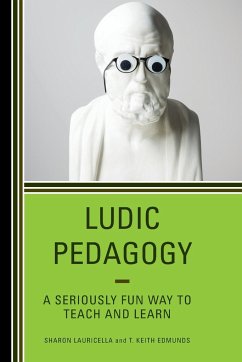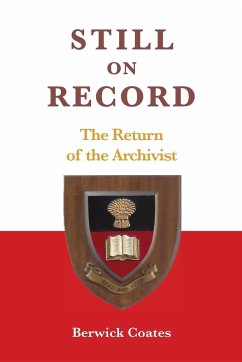Ludic Pedagogy: A Seriously Fun Way to Teach and Learn outlines why and how having fun and positive experiences in college and university classes (and not just at social events or parties) leads to increased student success in face-to-face, hybrid, hyflex, or online environments. It provides readers with the Ludic Pedagogy model, together with how instructors can employ the elements of the model - play, playfulness, and positivity - in the courses that they teach. This book is grounded in empirical research so that readers can appreciate why each element of the Ludic Pedagogy model contributes to increased learning and student wellbeing. It also offers examples, practical advice, and guidance on how faculty can employ activities and attitudes so that students have more memorable, meaningful, and valuable educational experiences in college/university. In order to win over the elbow-patched-blazer-wearing professoriate, we specifically address why the ludic mindset, and having fun, is compatible with "serious" academic work.
Hinweis: Dieser Artikel kann nur an eine deutsche Lieferadresse ausgeliefert werden.
Hinweis: Dieser Artikel kann nur an eine deutsche Lieferadresse ausgeliefert werden.








